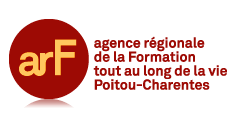Les CVthèques encore très utilisées par les candidats
Halte aux idées reçues! Les candidats se trouvent encore sur les CVthèques. A l’heure des réseaux sociaux, blogs emploi et autres CV vidéo, et dans la course (parfois ratée) au CV original, il est peut-être utile de le rappeler. Et non seulement ils sont présents sur les CVthèques, mais la majorité met son CV à jour: pour 54% d’entre eux, dès qu’il y a un changement dans leur situation. La grande majorité (67%) est également prête à consacrer plus de 5 minutes à la création d’un CV en ligne. Leur première motivation? Augmenter leurs chances d’être contacté par un recruteur (93%). Les uns ciblent leur CVthèque en fonction du poste recherché (42%), les autres non (37%). Quand 16% utilisent toujours les mêmes CVthèques. Le nombre moyen de CVthèques sur lesquelles chaque candidat est présent est de 3,5. Dans le même temps, près de 15% des candidats sont présents sur 6 CVthèques simultanément: Cadremploi, Keljob, Apec, Monster, Pôle Emploi et RégionsJobs. L’étude complète est disponible sur le site d’opensourcing. Suite de l'article...






/https%3A%2F%2Fprofilepics.canalblog.com%2Fprofilepics%2F1%2F0%2F1076071.jpg)